
ROAD TO ZERO DEATHS
NBCF is on the road to saving more lives from breast cancer. Our vision: Zero Deaths from breast cancer.
You have returned to the top of the page.
Since NBCF’s inception in 1994, there have been remarkable achievements in breast cancer research. Fundraisers and supporters have helped us to raise around $200M for nearly 600 world-class research projects in prevention and risk, detection new and improved treatment and quality of life.
Together, with the community’s support, we’ve made an undeniable impact on the face and future of breast cancer in Australia.
But with 9 Australians dying from breast cancer every day, there’s still progress to be made. Join us to make Zero Deaths from breast cancer a reality.

NBCF is on the road to saving more lives from breast cancer. Our vision: Zero Deaths from breast cancer.
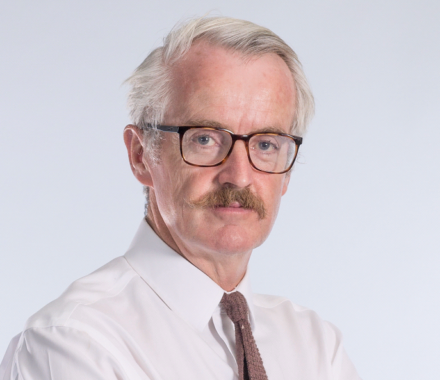
NBCF-funded researcher Professor Patrick Brennan develops training tool for radiologists and breast imaging specialists to improve detection rates across the country.

NBCF-funded researcher Associate Professor Alex Swarbrick develops world-first ‘breast cancer cell atlas’.
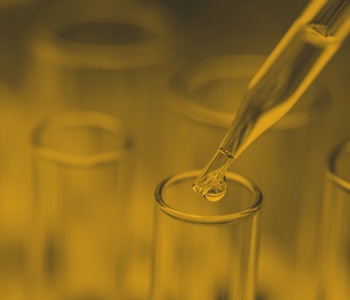
NBCF funds unique tumour bank to provide new information on ways to anticipate, inhibit or supress the evolution of drug resistant HER2+ breast cancer.
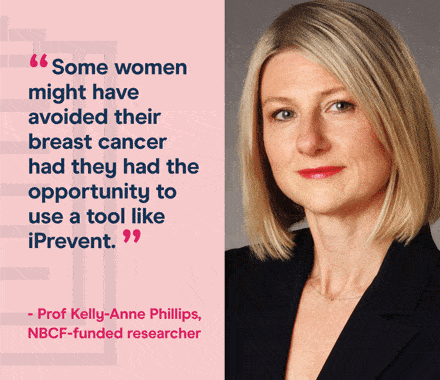
NBCF funded researcher Professor Kelly-Anne Phillips develops game-changing web-tool iPrevent to help Australian women and their clinicians accurately know and appropriately manage their breast cancer risk.
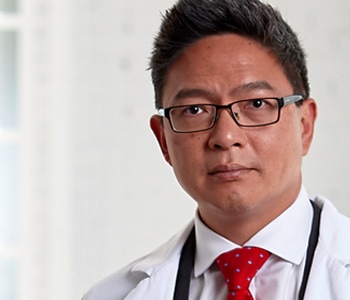
NBCF introduces innovative 10-year grant funding called Endowed Chair program for emerging leaders in Australian breast cancer research.
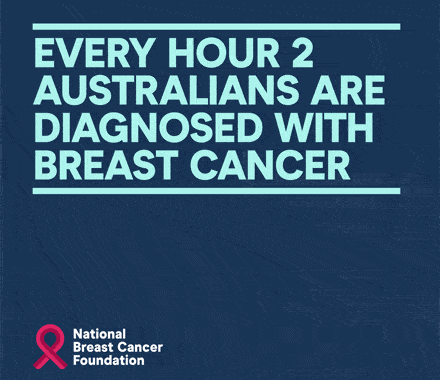
Breast cancer becomes the most commonly diagnosed cancer in Australian women.
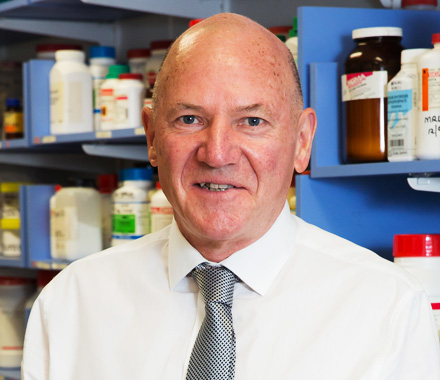
NBCF joins forces with the Movember Foundation to launch the first-ever Collaborative Breast and Prostate Cancer Linkage Grant to investigate a translational treatment path.

The 5-year survival rate for breast cancer increases to 90% however incidence is also rapidly on the rise.
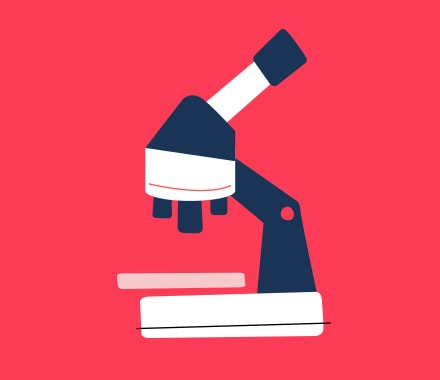
NBCF-funded researcher Dr Samantha Oakes identifies that blocking ‘survival protein’ (MCL-1) can decrease cancer metastasis, paving the way for possible future therapies.

HERG Report found that NBCF-funded research has had a significant impact in key areas such as policy & decision making, development of new drugs and diagnostics, changes in clinical practice and gains in health and quality of life.

NBCF-funded researcher Professor John Simes reveals that taking tamoxifen can reduce the risk of breast cancer recurrence.

NBCF funded researcher Professor Julie Steele developed a world-first Lymph Sleeve (now being patented for commercialisation).
NBCF-funded researcher Dr Brendan Kennedy develops world-first smart surgical glove to ensure that the entire tumour is removed during initial surgery.

NBCF introduces $5 Million Collaborative Grants Scheme to drive national and international research partnerships allowing funding and research outcomes to be better leveraged for more patients across cancer types.
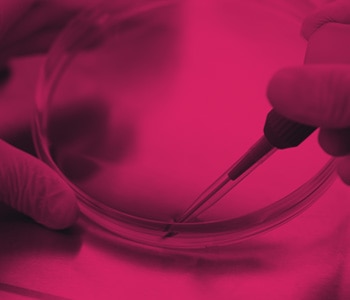
NBCF funds world-first breast cancer tissue bank, to support research by improving knowledge and management of breast cancer in the future.
NBCF releases Australia’s first-ever National Action Plan for breast cancer research and funding, addressing the need to be coordinated at a national level and encourage between researchers, advisors, community members and other key breast cancer organisations
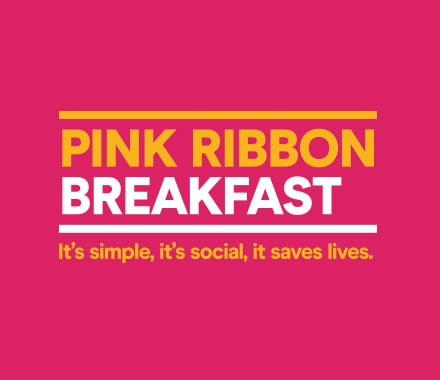
NBCF launched our now-annual Pink Ribbon Breakfast – our biggest community fundraiser event.
NBCF appoints Research Advisory Committee.
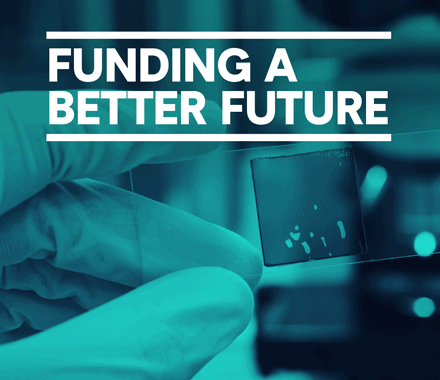
NBCF funds the establishment of KConFab, a national and international resource to study familial breast cancer
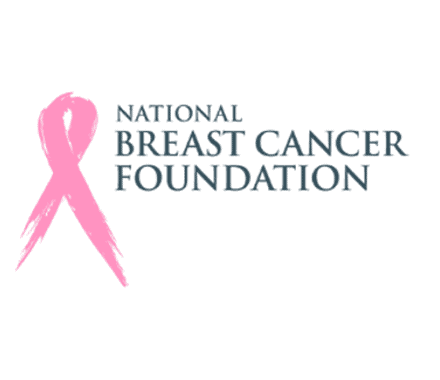
The National Breast Cancer Foundation is launched.